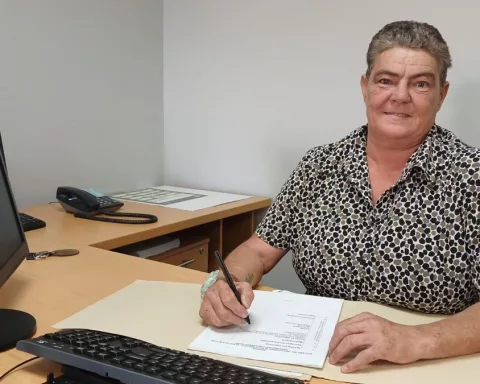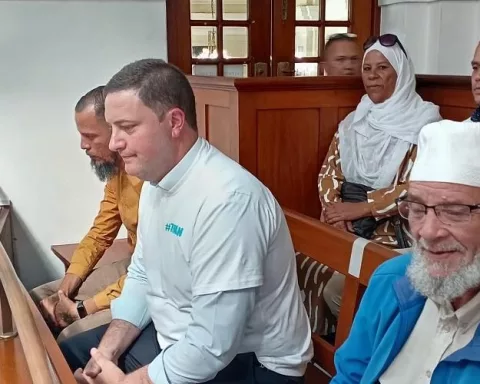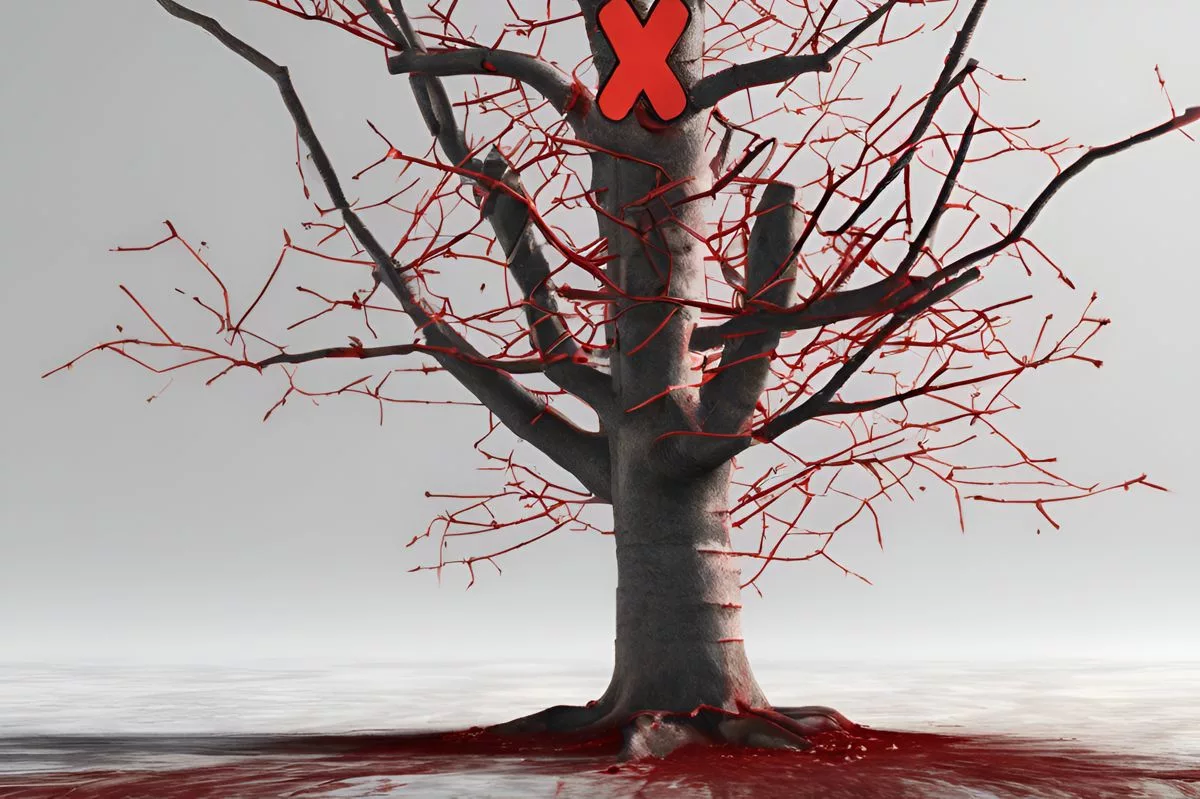South Africa’s Minister of Justice and Correctional Services, Ronald Lamola, has called for a renewed investigation into the deaths of three influential anti-apartheid activists, Chief Albert Luthuli, Mr. Mlungisi Griffiths Mxenge, and Mr. Booi Mantyi. The circumstances of their deaths remain unclear, and new evidence has emerged to challenge the original investigations. Lamola believes that justice is not constrained by time and that the pursuit of truth is essential. The re-examination of these cases may reopen old wounds, but it is crucial for creating a future that is more transparent and truthful.
South Africa’s Minister of Justice and Correctional Services, Ronald Lamola, has called for a re-investigation of the deaths of Chief Albert Luthuli, Mr. Mlungisi Griffiths Mxenge, and Mr. Booi Mantyi, three influential anti-apartheid activists. The circumstances of their deaths remain unclear, and new evidence has emerged to challenge the original investigations. Lamola believes that the pursuit of justice is not constrained by time and that the truth must prevail.
South Africa’s continual strive for justice evinces the tenacity of its society and its steady determination to unearth the truth buried within the annals of its turbulent history. This resolve is encapsulated by the actions of the Minister of Justice and Correctional Services, Ronald Lamola, MP, who has decided to comply with the advice of the National Prosecuting Authority (NPA) to re-examine the circumstances of death of three influential political figures: Chief Albert Luthuli, Mr. Mlungisi Griffiths Mxenge, and Mr. Booi Mantyi.
The Enigmatic Death of Chief Albert Luthuli
Chief Albert Luthuli, a widely admired anti-apartheid activist and recipient of the Nobel Peace Prize, died under circumstances that remain unclear to this day. The illustrious activist faced a fatal incident near the Gledthrow station on 21 July 1967, allegedly hit by a train – a narrative that has always provoked skepticism.
Luthuli’s death was investigated in September 1967, with the apartheid government concluding that injuries to the skull and brain, resultant from an accident, caused his death. However, current evaluations presented to the National Director of Public Prosecutions emphasized that the original investigation overlooked key mathematical and scientific aspects. This new insight casts doubt upon the likelihood of Luthuli’s death being a simple train accident.
In the wake of these revelations, Minister Lamola deems it crucial for the sake of justice to solicit the Judge President of the High Court of South Africa in the KwaZulu-Natal Division to re-initiate the investigation into Luthuli’s demise.
The Controversial Demise of Mr. Mxenge
Similarly, questions surround the death of Mr. Mxenge, a respected African National Congress member and anti-apartheid campaigner, whose life was tragically cut short on 20 November 1981. His body, found in Umlazi, displayed the signs of extreme violence, with 45 lacerations. An ensuing investigation conducted by the apartheid government failed to apprehend the guilty parties despite clear indications of surveillance on his office and attempts on his dogs’ lives.
Subsequent inquiries by the Harms Commission and the Truth and Reconciliation Commission implicated Vlakplaas head Dirk Coetzee in Mxenge’s murder. However, emerging evidence implies that substantial information was withheld from the Truth and Reconciliation Commission and the original investigation. Minister Lamola considers this sufficient reason to call for the re-opening of the Mxenge case by the High Court of South Africa in the KwaZulu-Natal Division.
Unresolved Case: The Death of Mr. Booi Mantyi
The case of Mr. Booi Mantyi, who died on 16 June 1985, allegedly during a confrontation with the South African Police, remains another unresolved mystery. An inquiry held in De Aar the same year absolved all those involved in his death. Nonetheless, a recent probe uncovered a new witness whose testimony was never heard, creating a compelling case for Minister Lamola to request the re-opening of Mantyi’s case by the High Court of South Africa, Northern Cape Division.
Re-examining these cases may indeed reopen old wounds, as Minister Lamola acknowledges, but he firmly believes that the pursuit of justice is not confined by time. “The interest of justice can never be bound by time – the truth must prevail,” he asserts.
The Long Road to Justice
The path to justice is often a prolonged and complex journey, riddled with the obstacles of addressing past misdeeds and recognizing historical injustices. These actions, however, go beyond merely rectifying past wrongs; they contribute to creating a future that is more transparent and truthful. As South Africa continues on this arduous path, it reaffirms that the torch of justice, once ignited, cannot be extinguished, regardless of the passage of time.
1. What prompted South Africa’s Minister of Justice and Correctional Services to call for a renewed investigation into the deaths of three anti-apartheid activists?
South Africa’s Minister of Justice and Correctional Services, Ronald Lamola, called for a renewed investigation into the deaths of three influential anti-apartheid activists, Chief Albert Luthuli, Mr. Mlungisi Griffiths Mxenge, and Mr. Booi Mantyi, due to new evidence that has emerged challenging the original investigations.
2. Who was Chief Albert Luthuli and what are the circumstances surrounding his death?
Chief Albert Luthuli was a widely admired anti-apartheid activist and recipient of the Nobel Peace Prize who died under unclear circumstances near the Gledthrow station on 21 July 1967. The apartheid government concluded that his injuries from being hit by a train caused his death, but new evidence casts doubt on this conclusion.
3. Who was Mr. Mxenge and what are the questions surrounding his death?
Mr. Mxenge was an anti-apartheid campaigner and member of the African National Congress who was killed on 20 November 1981. His death was the result of extreme violence, but the apartheid government investigation failed to apprehend the guilty parties. Subsequent inquiries implicated Vlakplaas head Dirk Coetzee in his murder, but emerging evidence suggests that key information was withheld from the original investigation.
4. Who was Mr. Booi Mantyi and what happened to him?
Mr. Booi Mantyi died on 16 June 1985, allegedly during a confrontation with the South African Police. An inquiry held in De Aar the same year absolved all those involved in his death, but a recent probe uncovered a new witness whose testimony was never heard.
5. Why is the pursuit of justice important, even if it reopens old wounds?
The pursuit of justice is important because it contributes to creating a more transparent and truthful future. South Africa’s continual strive for justice evinces the tenacity of its society and its steady determination to unearth the truth buried within the annals of its turbulent history.
6. What is the significance of these investigations for South Africa?
These investigations are significant for South Africa because they demonstrate the country’s commitment to addressing past misdeeds and recognizing historical injustices, contributing to creating a future that is more transparent and truthful.












